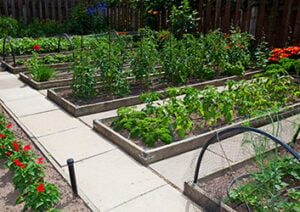 Even short periods of hot, dry weather in the summer can stress plants. When it is hot out, water evaporates quickly from the soil, and if you’re not getting rain, you’ll need to water properly. Here are six tips to keep your plants healthy in dry weather.
Even short periods of hot, dry weather in the summer can stress plants. When it is hot out, water evaporates quickly from the soil, and if you’re not getting rain, you’ll need to water properly. Here are six tips to keep your plants healthy in dry weather.
Keep Soil Moist with Mulch
Mulch minimizes evaporation from the soil, so the water stays where you want it—at the
roots of the plant. Mulch provides a bonus for your garden: it keeps down the weeds.
Mulch can be made of bark, wood, chopped leaves or compost.
You can make your own compost with worms. Even without worms, it’s easy to make compost in your yard or inside your house. You can also buy high quality compost from
Uncle Jim’s Worm Farm.
Spread mulch around your garden plants, shrubs and trees. Apply the mulch three or four inches deep.
With trees, make sure you keep the mulch two or three inches away from the tree trunk.
Some people think it’s pretty to have the mulch heaped up against the trunk in a cone
shape, but that’s actually bad for the tree!
Water Deeply, Not Often in Dry Weather
Instead of giving all of your plants a tiny sip of water every day, it’s better to give a few
plants a thorough soaking one day, then soak a few more plants the next day. The point is
to get water to the roots of the plant where it is needed. This is especially important in dry weather.
If you have a few inches of mulch in place, remember that you have to get the water past
the mulch, down to the top of the soil and down a few more inches to the roots.
The best way to water is to set your hose on low and lay the hose at the base of the plant. Let the water ooze down into the soil.
To test if you have watered thoroughly, stick your finger down into the soil as deep as the roots. If the soil isn’t moist, keep the hose in place. When the soil is damp, move the hose to another plant.
Soaker hoses and watering cans work well, too.
Don’t use a sprinkler. With a sprinkler, you’ll get wet leaves, which may encourage some plant diseases. And you may be wasting water if some of it is hitting your fence and sidewalk in addition to the garden. Even worse, you may not get the water where you actually need it—at the roots of the plant.
Get a Rain Barrel
Unless you are in a drought area where rain barrels are prohibited, get one or more rain
barrels. Place the rain barrel under a downspout. When you do get some rain, the rain
barrel will be able to capture it, providing you with a source of water for dry weather.
You can connect a hose to the rain barrel and set the hose next to the plant you want to
water. You won’t get high pressure; the water will run out slowly, which is what you want.
Using a rain barrel reduces your water bill, too.
Prioritize Which Plants to Water
If you have limited time and limited water, make sure you’re getting enough water to the
plants that are high on your priority list.
Newer plants, especially shrubs and trees, need water to get them through the dry spell, so
give them lots of water. If a plant is expensive or very important to you, make sure that plant
gets attention, too. If you have a new lawn, you must water it regularly.
It’s OK to Ignore Established Lawns in Dry Weather
Yes, you have to water new lawns, but don’t bother watering established lawns. It’s okay if
the grass turns yellow. The grass isn’t dead; it has just gone dormant. When wetter weather
returns, your grass will green up again.
If you insist on watering an established lawn, do it on every other day instead of every
day. Less frequent watering will develop grass with deeper roots. When using automatic
lawn watering systems, override the system if you get rain.
Longer grass needs less water, so raise the blade on your lawn mower.


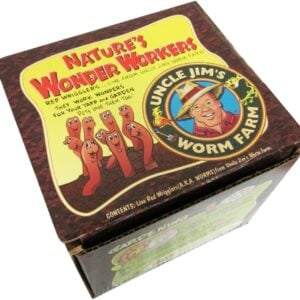
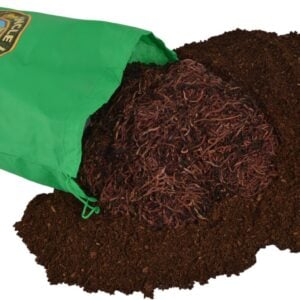


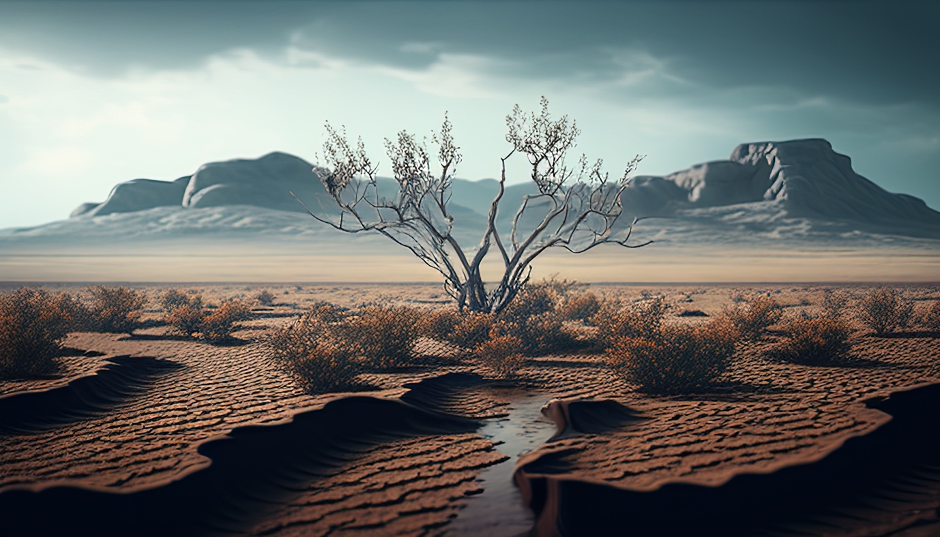
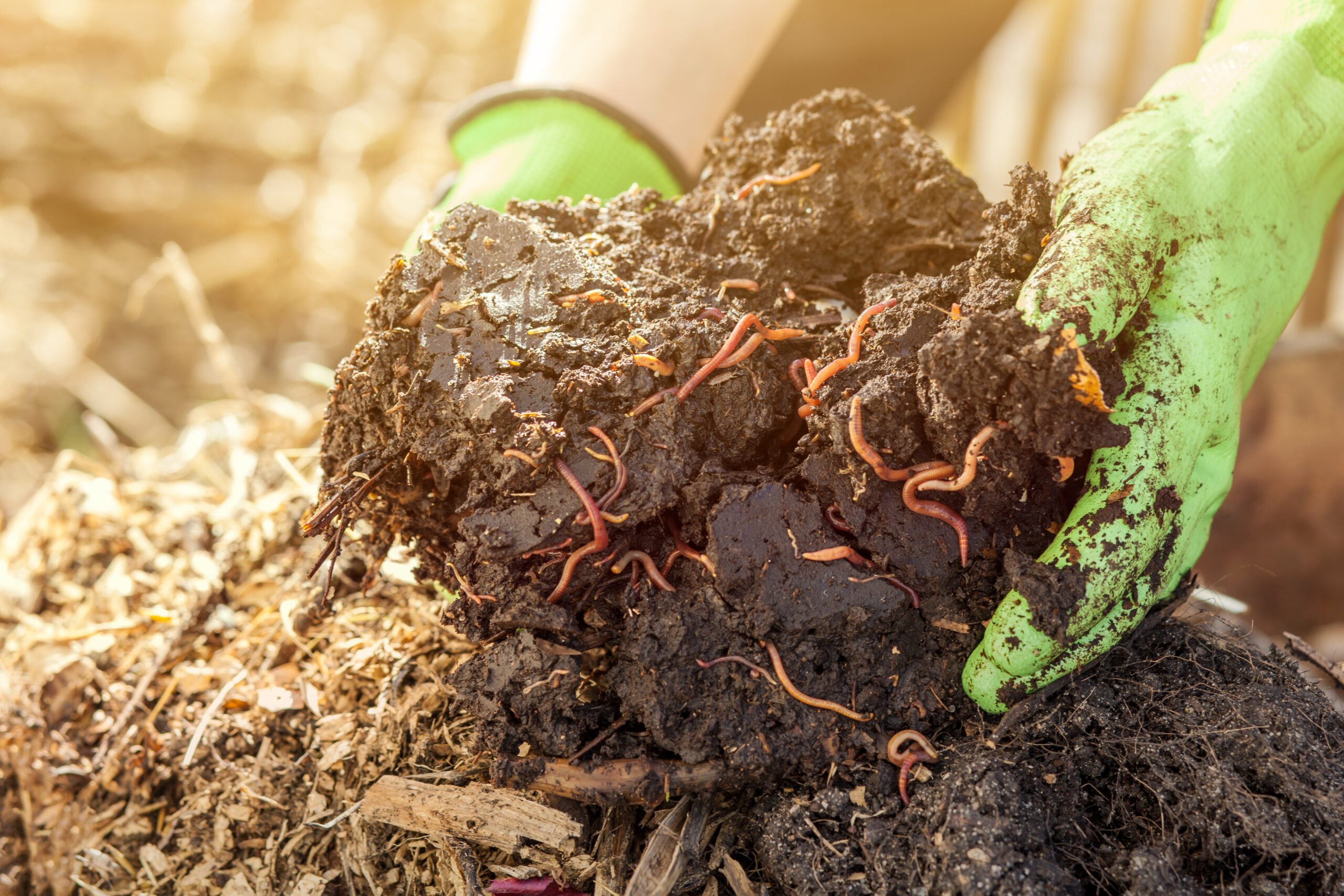

One thought on “Six Tips for Gardening in Dry Weather”
Hi Uncle Jim,
Here in Central TX we have a serios drought and despite watering my veggies simply shut down and died. I had built raised beds this winter, bought soil and added peat moss, compost and aged horse manure. I still need to amend the soil, but I wonder what happened to the worms I added? I have not seen any. Thank you, Dr K